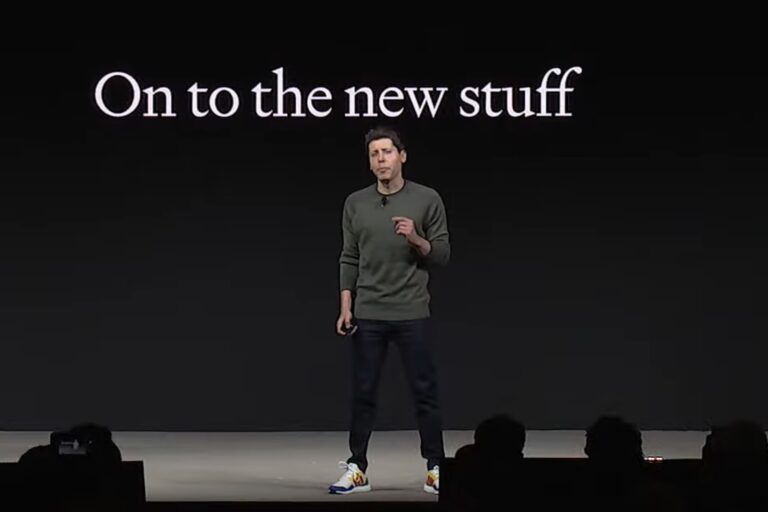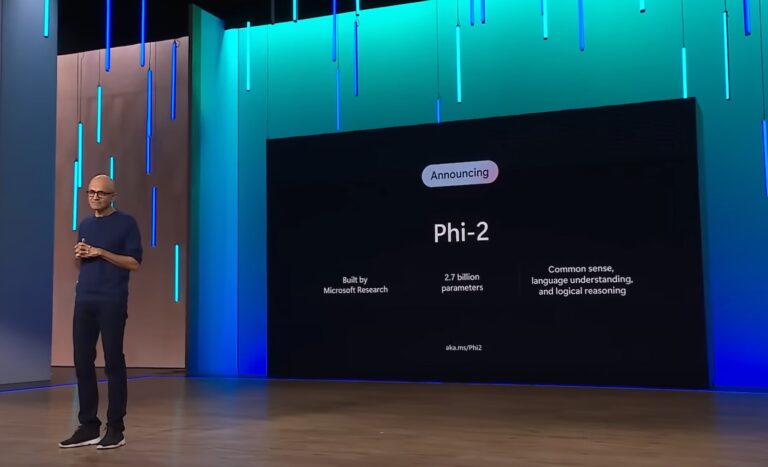Study reveals the political bias of ChatGPT
Study Reveals Political Bias in ChatGPT
A study conducted by computer and information science researchers from the UK and Brazil has raised concerns about the objectivity of ChatGPT, an AI-powered chatbot. The researchers have discovered a significant political bias in ChatGPT’s responses, which leans towards the left side of the political spectrum. The study, published in the journal Public Choice, highlights the potential impact of such bias on various stakeholders, including policymakers, media outlets, political groups, and educational institutions.
Empirical Approach Used to Assess Bias
To gauge ChatGPT’s political orientation, the researchers used an empirical approach. They employed a series of questionnaires to capture the chatbot’s stance on various political issues. The study also examined scenarios where ChatGPT impersonated both an average Democrat and a Republican, revealing the algorithm’s inherent bias towards Democratic-leaning responses.
Extent of Bias and Possible Origins
The study’s findings suggest that ChatGPT’s bias extends beyond the US and is also noticeable in its responses regarding Brazilian and British political contexts. The researchers believe that this bias is not merely a mechanical result but a deliberate tendency in the algorithm’s output. Determining the exact source of ChatGPT’s political bias remains a challenge. The researchers investigated both the training data and the algorithm itself, concluding that both factors likely contribute to the bias.
Concerns and Implications
This study adds to the growing list of concerns surrounding AI technology. The presence of political bias in AI-generated content, such as that exhibited by ChatGPT, can perpetuate existing biases found in traditional media. As AI-driven tools like ChatGPT continue to expand their influence, it is important for experts and stakeholders to critically evaluate the implications of biased AI-generated content. Vigilance is necessary to ensure that AI technologies are developed and deployed in a fair and balanced manner, devoid of undue political influence.
OpenAI’s Response and Broader Concerns
OpenAI, the organization behind ChatGPT, has not yet responded to the study’s findings. However, this study serves as a reminder of the broader concerns surrounding AI technology, including issues related to privacy, education, and identity verification in various sectors.
Conclusion
The study highlights the deep-rooted political bias in ChatGPT and emphasizes the need for further research to understand the origins of this bias. As AI technologies become increasingly integrated into our lives, it is crucial to ensure that they are developed and deployed ethically and without undue political influence.







